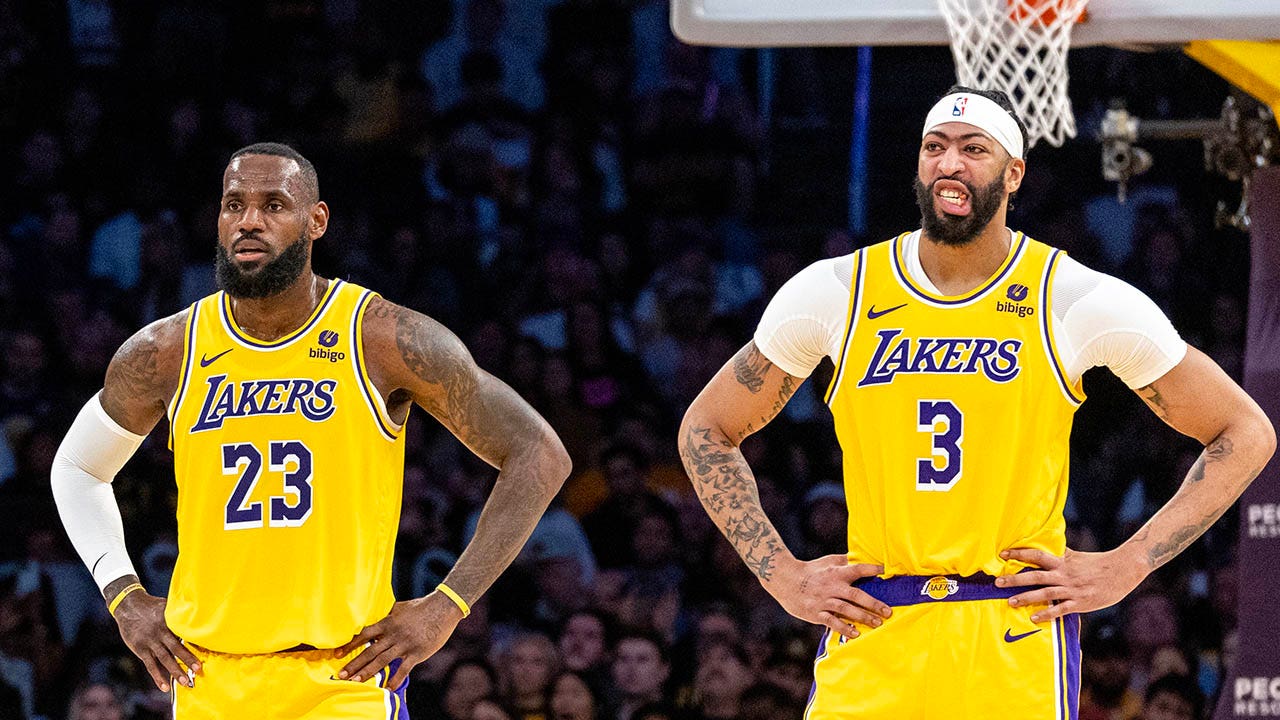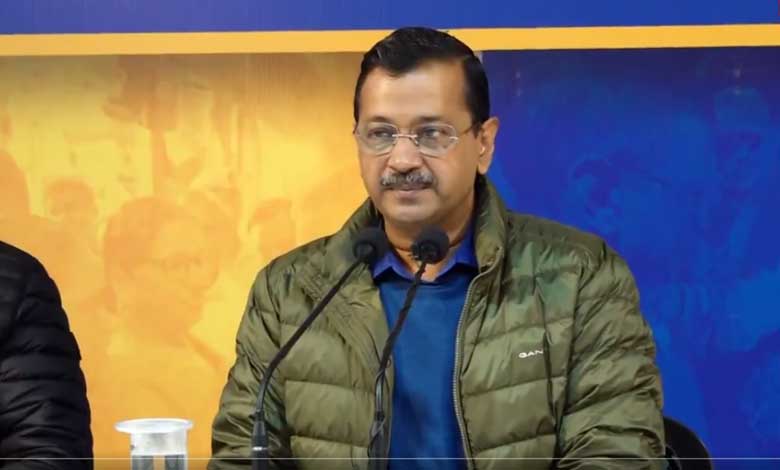Knockout debuts, love letters to musical geniuses and downtown artists, not one but two separate docs that skewer the notion of true-crime TV — these were the standouts of this year's Sundance
We came, we saw (close to 40 films in all), we laughed, we cried — for yet another year, and likely the second-to-last time in Park City, we Sundanced. The 41st edition of the Sundance Film Festival, which kicked off on January 23rd and concludes today, felt like business as usual in so many ways: Main Street was still crowded, even with it being closed off to cars during the opening weekend; the movies were still a mixed bag, with the best inspiring epiphanies and the worst offering a choice between earnestness, urgency, or self-conscious quirkiness; people still excitedly shared their opinions on what they’d seen while eating in restaurants, sipping coffee on the shuttle buses, waiting in line for the next screening, and the next, and the next.
But there was a bit of an edge to the usual celebratory mood this time around. Visiting Angelenos were still dazed by the recent fires. Longtime festgoers wondered where the event would take place when it moves out of the ski-resort town after one last go-round in 2026. Everyone basked in the empathy so prevalent onscreen, then exited theaters and checked their phones to take in the firehouse spray of bad news coming out of Washington D.C., all of which seemed so bereft of humanity.
All 10 of the films that were the highlights of our festival this year, however, proved that Sundance is still a place where you can find new, exciting, and bold work that sometimes offers an alternative to our current mondo-fucked moment, sometimes reflects back how we got here, and always reminds us why the annual pilgrimage with fellow movie-obsessed freaks is worth the trip. From a modest trip back from NYC ’74 to an epic look at early 20th century America, solid works from returning filmmakers to a handful of mindblowing debuts, these were the films that made this year’s Sundance shine.
(Honorable mentions to: It’s Never Over Jeff Buckley, Move Ya Body: The Birth of House, Pee-wee as Himself, The Perfect Neighbor, Rabbit Trap, Rebuilding, Sunfish (and Others Stories at Green Lake), Together, The Things You Kill, Twinless.)
-
‘BLKNWS: Terms and Conditions’
 Image Credit: BLKNWS™
Image Credit: BLKNWS™
Kahlil Joseph’s feature-length expansion of his BLKNWS video art installation came perilously close to not getting a Sundance premiere — it was actually temporarily pulled from the festival, due to some behind-the-scenes controversy involving a new cut that had not been shown to its producers. Thankfully, he managed to get it back on the lineup, and we’re all the better for it. A kaleidoscope of images filtered through autobiography, Afro-futurism fiction, archival footage and the format of a free-form news show, Joseph’s quick tour through African-American culture over the last few centuries felt radical and mindblowing in the best possible way. It’s ability to rewire your ideas on everything from W.E.B Dubois’ lifelong dream of compiling a Black encyclopedia to how the art world engages (or doesn’t) with Black artists as you’re watching the film felt sui generis even for the fest’s anything-goes NEXT section; Joseph compared it to an album with “tracks,” rather than scenes,” and the comparison feels apt. Our only regret is that we only saw it once — this is the sort of work that demands repeat viewings.
-
‘Lurker’
 Image Credit: Sundance Institute.
Image Credit: Sundance Institute.
A veteran of TV writers’ rooms on everything from Beef to The Bear, Alex Russell’s filmmaking debut somehow managed to take a well-worn subject — the disparity of power between the famous and the famous-adjacent — and make it feel fresh, dangerous and so cringe-comedic that you wanted to cover your eyes. An employee (Théodore Pellerin) at a boutique clothing store manages to work his way into the entourage of a British pop singer (Saltburn‘s Archie Madekwe) who’s one hit album away from leveling up to superstardom. Once he’s in the inner circle, however, he has to fight to stay there, and most movies would have ended with the inevitable exile from Eden. But Russell keeps going, pushing an already volatile Have vs. Have-nots scenario into the red, and you’re left with a lesson on Sociopathic Ambition 101 that sharpens rather than dulls its edges. Call it Nightcrawler for the social media generation.
-
‘Peter Hujar’s Day’
 Image Credit: Sundance Institute
Image Credit: Sundance Institute
Sundance veteran Ira Sachs (Keep the Lights On, Passages) gifted the fest with a low-key gabfest masterpiece, focusing his attention on a single extended, IRL interview between writer Linda Rosenkrantz (Rebecca Hall) and her friend, photographer Peter Hujar (Ben Whishaw) in downtown NYC ’74. That’s it, but dear god, it’s more than enough to evoke a lost world of downtown scenesters, art-world gossip, funky fashion choices, post-Stonewall gay culture and Beat legends behaving badly. (The Allen Ginsberg anecdote alone is worth the price of admission.) A conversation between two chatty Lower East Side hipster luminaries — resurrected by two preternaturally gifted actors at the top of their game — doesn’t need much more than the camera to be in focus, to be honest. Yet the way in which Sachs turns their conversation into something like a time machine easily made this a standout among this year’s brand-name narrative entries.
-
‘Predators’
 Image Credit: Sundance Institute.
Image Credit: Sundance Institute.
The idea of documentary diving deep into the legacy of To Catch a Predator, the infamous and popular Dateline NBC that Jimmy Kimmel dubbed “Punk’d for pedophiles,” was intriguing enough on the surface to generate a lot of buzz before the festival even started. Filmmaker David Osit delivers that, to be sure, but he also takes a cold, hard look at how the show has popularized vigilante justice and repurposed it as reality TV entertainment, spawned copycats who maybe — maybe — have sacrificed ethics for clicks and lolz, and stripped any sense of empathy from the equation. It climaxes with Osit sitting down with Chris Hansen himself and staging a rhetorical interrogation to a draw. Someone needs to pick up this doc ASAP.
-
‘Seeds’
 Image Credit: Brittany Shyne/Sundance Institute
Image Credit: Brittany Shyne/Sundance Institute
Shot in gorgeous black-and-white and unfolding like a post-church, pre-supper Sunday afternoon, Brittany Shyne’s debut chronicles the everyday lives of modern Black farmers, working the land and trying to sustain their agrarian livelihood in the 21st century. The mood is neither morose nor blindly optimistic, even as the film celebrates the sense of family and community among these Southerners (and calls out the Biden administration re: the lopsided racial politics involving timely subsidy payments). Instead, Shyne observes the men at work and at home, giving them a chance to tell their stories, air anxieties about generational inheritance or simply let the long, silent shots of them going about their business speak for the way they’ve endured. It’s a work of political activism through sheer lyricism, and exactly the kind of discovery you come to Sundance to see.
-
‘Sly Lives!’
 Image Credit: Jay Dickman/CORBIS/Getty Images
Image Credit: Jay Dickman/CORBIS/Getty Images
Questlove’s portrait of Sly Stone — band leader, world-class frontman, Age of Aquarius martyr and, ultimately, triumphant survivor — is a perfect primer those who either know him as just tabloid-headline fodder or the “Everyday People” guy. You get a great sense of the who, what, where, and when of Sly & the Family Stone’s singular mash-up of rock, soul, funk and virtually everything but the kitchen sink. Most importantly, the filmmaker underlines the why behind their meteoric rise up the charts and Sly’s ascension to iconic status, which also sets the stage for Questlove to ask other music legends (Nile Rodgers, George Clinton, Q-Tip, D’Angelo and more) about the blessings and burdens of “Black genius.” It’s a great compliment to Summer of Soul, as well as a way of reframing Sly’s winter of discontent throughout the late 1970s and beyond.
-
‘Sorry, Baby’
 Image Credit: Mia Cioffi Henry/Sundance Institute
Image Credit: Mia Cioffi Henry/Sundance Institute
Congratulations, Eva Victor, on being the breakout MVP of Sundance 2025. The writer-director-star of this semi-fractured, sometimes harrowing and often hilarious tale of a teacher dealing with a longstanding trauma not only managed to channel a comic voice honed through improv shows and viral tweets. It more or less immediately established Victor as a multi-hyphenate to be reckoned with and, taking the festival by storm right at the midway point, divided this year’s edition into Before Sorry, Baby and After Sorry, Baby eras. The temptation is to compare Victor to Phoebe Waller-Bridge, especially since the movie gives off heavy Fleabag vibes (minus the fourth-wall breaking). But while they may be kindred spirits, this Brooklyn-by-way-of-San-Francisco artist is mining a dry wit and understated pathos that’s all her own. Throw in solid supporting performances from Naomi Ackie, Lucas Hedges and Louis Cancelmi, and you have a keeper here. Wisely, the fest jury gave the film the Waldo Salt Screenwriting Award. It deserved to sweep the competition.
-
‘Train Dreams’
 Image Credit: Adolpho Veloso/Sundance Film Festival
Image Credit: Adolpho Veloso/Sundance Film Festival
The other film that was as close to a consensus pick for Best-of-Fest from the cognoscenti besides Sorry, Baby, Clint Bentley’s adaptation of the Denis Johnson novella about the life and times of a logger named Robert Granier (Joel Edgerton) practicing his trade in the early part of the 20th century weaves a spell over you from the first frame and never breaks its hold. It’s a meditative film that reminds you of early Terrence Malick, with its languorous shots of nature and philosophical narration as Granier witnesses the best and worst of this nation’s growing pains, falls in love with resourceful woman named Gladys (Felicity Jones), and experiences both peace of mind and great tragedy. (Bonus: You also get William H. Macy going full Walter Brennan as a crazy old coot!) But the movie truly hinges on Edgerton, who gives the best performance of his career playing the kind of stoic, callous-handed man who helped build modern America from the ground up. Netflix picked this up out of the fest, and we pray on bent knees that they don’t just bury this in the algorithm. It’s an absolutely stunning work, and the kind of big-swing independent movie that demands big screens and bigger audiences.
-
‘2000 Meters to Andriivka’
 Image Credit: Mstyslav Chernov/Sundance Institute
Image Credit: Mstyslav Chernov/Sundance Institute
Ukrainian director Mstyslav Chernov follows-up his Oscar-winning 20 Days in Mariupol with this relentless piece of war reportage, following a platoon as they attempt to recapture a village occupied by Russian troops. First, however, they have to cross a virtual no-man’s-land: 2000 meters of forestry dotted with landmines, enemy troops and fellow soldiers who failed to get a foothold. The consistent use of first-person perspectives during combat made this one of the more visceral docs at the fest, yet Chernov’s movie isn’t trying to coast on second-hand adrenaline rushes of experiencing firefights from the safety of theater seats. You also hear soldiers discussing their need to fight tooth and nail for every square foot of acreage, as well as their fears that this war for their freedom is an endless one. Occasionally, Chernov informs us via voiceover about the future of the brave soldiers we’re watching, and the fact that it’s rarely good news makes every small victory feel bittersweet. An extraordinary compliment to his earlier, big-picture look at his country under siege, and a moving dispatch from the frontlines.
-
‘Zodiac Killer Project’
 Image Credit: Sundance Institute.
Image Credit: Sundance Institute.
Once upon a time, British multimedia artist and documentarian secured the rights to adapt Lyndon E. Lafferty’s book The Zodiac Killer Cover-Up — in which the retired California Highway Patrol officer claimed that he knew the real identity of the serial killer who plagued the Bay Area in the 1970s — into a docuseries. Then, for reasons that remain murky, the author’s estate pulled out of the deal. So rather than presenting a deep dive into one man’s quest to solve that case, Shackleton describes what he would have done if had he gone through with the project. And quicker than you can say “give me the next Making a Murderer,” this meta-documentary skewers the clichés so beloved by the modern True-Crime Entertainment Complex while showing you exactly how this brand of nonfiction sausage gets made. It’s a full-frontal assault on a way-too-popular genre, done with a trickster’s deft touch. Trust us when we tell you that you will never binge-watch these types of grotesque, guilty pleasures the same way again.

 3 hours ago
1
3 hours ago
1
















.png)

.png)
.png)
.png)













 English (US) ·
English (US) ·  Hindi (IN) ·
Hindi (IN) ·